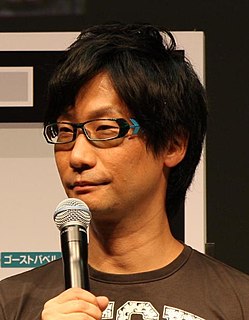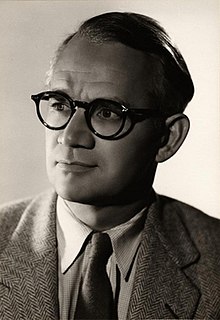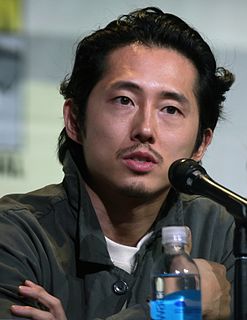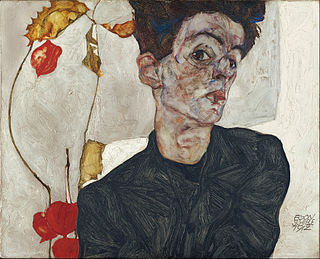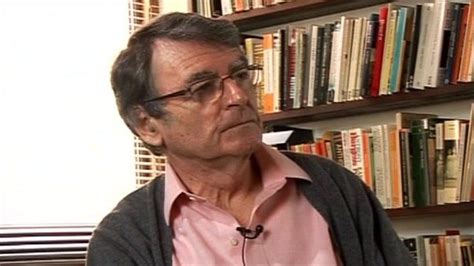A Quote by Roger Ebert
Horror fans are a particular breed. They analyze films with such detail and expertise that I am reminded of the Canadian literary critic Northrup Frye, who approached literature with similar archetypal analysis.
Related Quotes
There are a few critics overseas, and occasionally a critic will write an astute analysis of the movie. There is value in reading critics that actually have something intelligent to say, but the journalistic community lives in a world of sound bites and literary commerce: selling newspapers, selling books, and they do that simply by trashing things. They don't criticize or analyze them. They simply trash them for the sake of a headline, or to shock people to get them to buy whatever it is they're selling.
I am an Episcopalian who takes the faith of my fathers seriously, and I would, I think, be disheartened if my own young children were to turn away from the church when they grow up. I am also a critic of Christianity, if by critic one means an observer who brings historical and literary judgment to bear on the texts and traditions of the church.
All I am in private life is a literary critic and historian, that's my job...And I'm prepared to say on that basis if anyone thinks the Gospels are either legends or novels, then that person is simply showing his incompetence as a literary critic. I've read a great many novels and I know a fair amount about the legends that grew up among early people, and I know perfectly well the Gospels are not that kind of stuff.
The book is about zombies, in that it is the over-arching theme, but what's going on is the story of these people and how these survivors deal. I think that's so much more of an interesting story, and that's what really gets and hooks these readers into the book and the show. It's a mix of fans of drama, fans of AMC, fans of horror and fans of Frank [Darabont]. It's a lot of people just coming together and realizing a genre doesn't have to be fixed in one specific detail.
As a horror movie fan, I was very obsessed with horror films. Still am. I love the genre. For me, horror films are opera, and they are... instead of consumption killing off the young lovers, it's Jason Voorhees or Michael Myers. It is when the stakes are at their absolute largest in a story: whether somebody is going to live or die. In a way, it's just holding up a mirror to life.
Paraphrase, in the sense of summary, is as indispensable to the novel-critic as close analysis is to the critic of lyric poetry. The natural deduction is that novels are paraphrasable whereas poems are not. But this is a false deduction because close analysis is itself a disguised form of paraphrase.
What was needed was a literary theory which, while preserving the formalist bent of New Criticism, its dogged attention to literature as aesthetic object rather than social practice, would make something a good deal more systematic and 'scientific' out of all this. The answer arrived in 1957, in the shape of the Canadian Northrop Fryes mighty 'totalization' of all literary genres, Anatomy of Criticism .
My literary criticism has become less specifically academic. I was really writing literary history in The New Poetic, but my general practice of writing literary criticism is pretty much what it always has been. And there has always been a strong connection between being a writer - I feel as though I know what it feels like inside and I can say I've experienced similar problems and solutions from the inside. And I think that's a great advantage as a critic, because you know what the writer is feeling.


